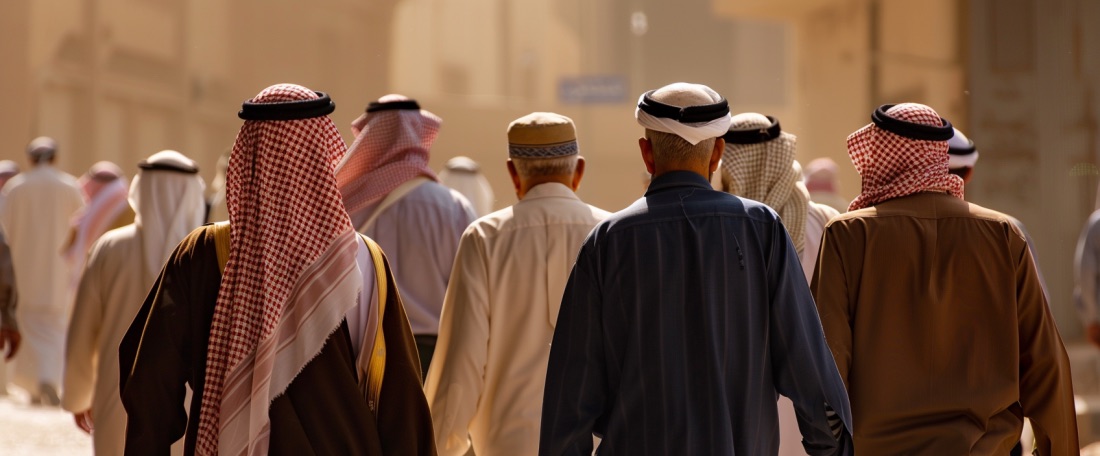EU Eager to Boost Energy Cooperation with Saudi Arabia
Riyadh: The EU is keen to expand its cooperation with Saudi Arabia in the energy sector as the world increasingly shifts toward green energy, according to a senior EU official.
In an interview with Arab News on the sidelines of the World Investment Conference, Christophe Farnaud, the EU ambassador to Saudi Arabia, emphasized that the EU possesses significant expertise in the green energy sector, which could help accelerate Saudi Arabia’s clean energy transition, as well as support the broader Gulf Cooperation Council region.
Saudi Arabia Leading the Energy Transition
Saudi Arabia, with its ambitious initiatives such as the world’s largest green hydrogen plant in NEOM, is leading the energy transition in the region, aiming for net-zero emissions by 2060.
“One of the many sectors where we are investing and what the partnerships are developing is the energy sector. It comes against the backdrop, not just of the regional needs, but also with this view of facing the green transition that we committed worldwide, not just as the Europeans, but also the Saudi government. This is where can make a difference,” said Farnaud.
He added: “The EU has a strong expertise in that field (green energy). And the energy sector has been in many ways a key factor in the development of the Kingdom. So we already have relationships, between EU companies and Saudi Arabia. But now we will have a stronger focus on energy transition.”
Opportunities for European Companies in Saudi Arabia
Farnaud noted that European firms have significant opportunities to collaborate in Saudi Arabia’s expanding renewable energy sector, particularly with the Kingdom’s substantial investments in solar power and green hydrogen projects. He also mentioned that European energy companies could work with Saudi energy giants like ACWA Power to help speed up the green energy transition.
In addition to energy, Farnaud pointed out that there are numerous other areas where Saudi Arabia and the EU could strengthen cooperation, including transport, machinery for emerging industries, entertainment, and tourism.
EU-GCC Cooperation and Vision 2030 Progress
Farnaud also discussed broader EU-GCC relations, noting that the EU-GCC Summit held in October underscored the importance of “partnership in the economic field,” with energy cooperation identified as a key area for strengthening ties.
During a panel discussion on the second day of the World Investment Conference, Farnaud highlighted that European companies are playing an active role in most of Saudi Arabia’s major “giga-projects,” including NEOM, Qiddiya, and AlUla.
Regarding foreign investments, Farnaud said: “Investment is a two-way thing, and it is a question of trust and mutual knowledge. It is not just us going to the GCC, which is important, it is also GCC countries coming to Europe. In that way, they are already doing it. About 50 percent of foreign investments of GCC countries go to Europe.”
During the same panel, Prince Sultan bin Khalid Al-Saud, CEO of the Saudi Industrial Development Fund, highlighted Saudi Arabia’s socio-economic progress since the launch of Vision 2030. He described the Kingdom as unique, thanks to its “positive energy and optimism.”
The SIDF CEO stressed that Vision 2030 is designed to benefit both current and future generations of Saudis, with a particular focus on investing in people.
Affirming the growth of the startup ecosystem in Saudi Arabia, the SIDF chief said that venture capital in Saudi Arabia has grown at a compound annual growth rate of 86 percent in the last five years.
He also added that Saudi Arabia’s women participation in the workforce is higher than that of Western Europe.

